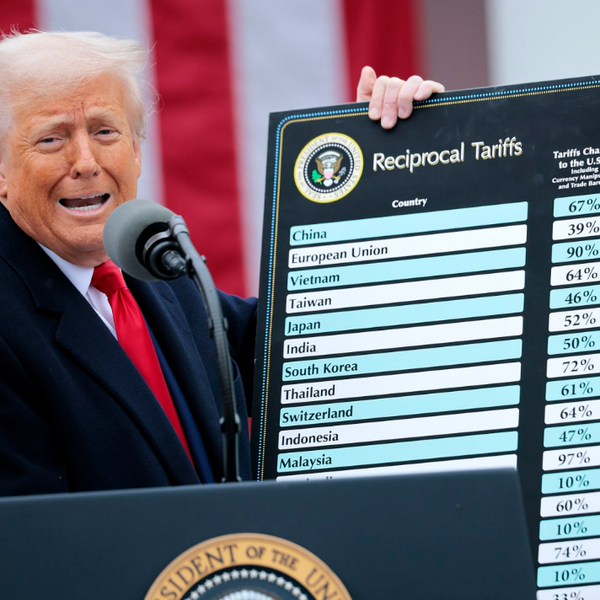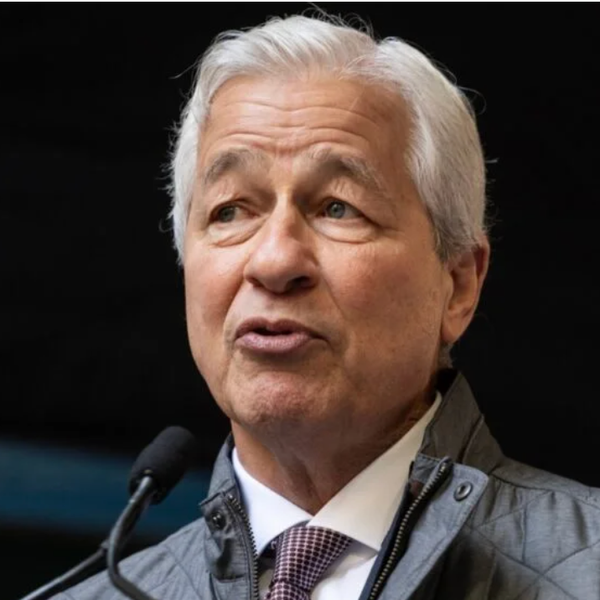
Is Medicaid expansion a one-way street?
Greg Sargent asked good questions on Wednesday about the future of the Affordable Care Act: With Medicaid expansion responsible for some 75,000 new signups in West Virginia, will Republican U.S. Senate candidate Shelley Moore Capito campaign against it? With the rollout of Kentucky’s state-run exchange expanding health care access through the state (it’s far more successful than HealthCare.gov), what will Republican senator Mitch McConnell say about it during his re-election campaign?
For the next two years, there’s no chance of a vote to repeal Obamacare overcoming a presidential veto. That’s not the case, however, at the state level, where governors and state legislatures have a fair amount of leverage over the program’s implementation — especially, thanks to the Supreme Court, over Medicaid expansion. Since October 1, more than 6 million have signed up for Medicaid in those states expanding coverage. (The law was designed for Medicaid to do much of the heavy lifting expanding insurance coverage.)
The optimistic liberal view is that the Medicaid deal for the states, in which the federal government covers all expenses for the first three years and 90 percent of costs thereafter — is so generous that eventually every state will sign up. That’s more or less what happened with the original Medicaid, though it took 17 years for the last straggler, Arizona, to join. Liberals assume that once benefits are extended, no government will take them away.
With that (and Greg’s questions) in mind, I took a look at one set of evidence: What are Republican gubernatorial candidates saying about Medicaid expansion in states where Democratic governors have implemented it?
Before I get to the answer, some serious caveats. First, I looked at the websites of nine Republican candidates in the six states (1) that expanded Medicaid, and (2) where Republicans are deemed to have the best chance of winning the statehouse, according to a Washington Post look at these 2014 elections. So it’s only a subset of all Republican candidates.
Second, it’s still early; three of the nine candidates had no issues area on their sites. Third, it’s possible that candidates have staked out public positions that aren’t reflected on their campaign sites. Fourth, candidates could act on the issue, if they were elected, even if they downplayed it during the campaign. Still, the websites provide a hint of what these candidates are most eager to campaign on, and that probably has at least some positive correlation to what they would actually do if elected.
And the answer? Nada. Zip. Nothing. None of these Republicans is pledging to repeal the Medicaid expansion put in place by a Democratic governor.
Indeed, most of them don’t mention Obamacare at all, and only one even mentioned health care. I’m sure that most — if they want to win a Republican nomination! — would support an Obamacare repeal, if asked. But that’s different from making repeal an actual priority.
The other big state decision on the ACA concerns running state-based exchanges, rather than letting the federal government do it. Not surprisingly, none of the Republican gubernatorial candidates I surveyed is campaigning to shut down a state exchange, which would force residents to use HealthCare.gov. (Even though the federal site is now mostly working fine, it was never really a comfortable fit for Republicans to support the federal solution before, and they certainly won’t now).
Again, I don’t want to make more of this than the evidence can support. But for what it’s worth, early evidence supports the liberal optimist (and conservative pessimist) view: that where it’s in place, Medicaid expansion is here to stay.
If that’s truly the case, then sooner or later Obamacare’s Medicaid component will expand to all 50 states. Eventually, every state will have a governor who is willing to embrace it. Provided that trend is not counteracted by reversals in states that were in the first wave of Medicaid expansion, we’re talking about a one-way street. The only question is how long it takes.
AFP Photo/Brendan Smialowski








